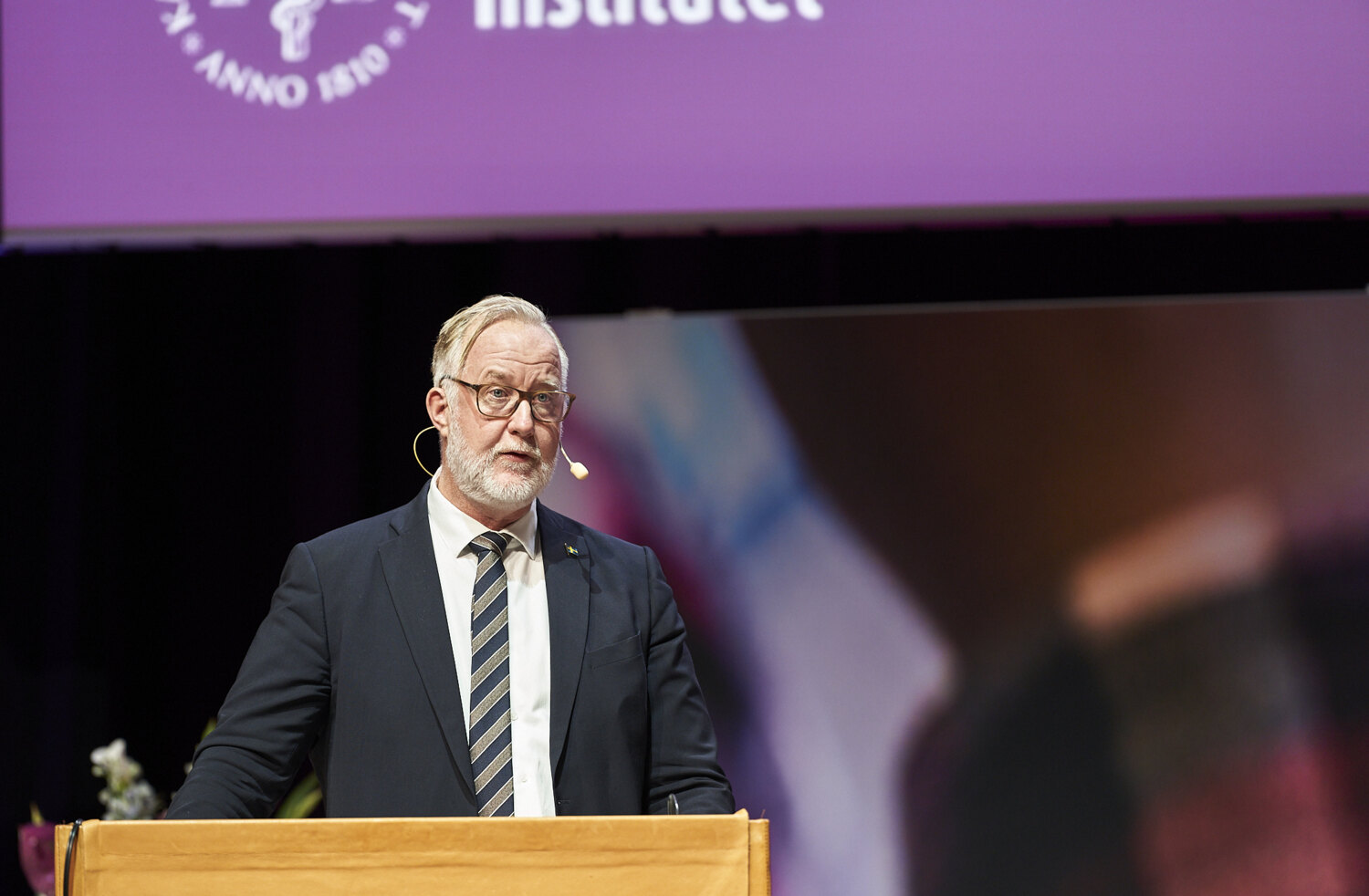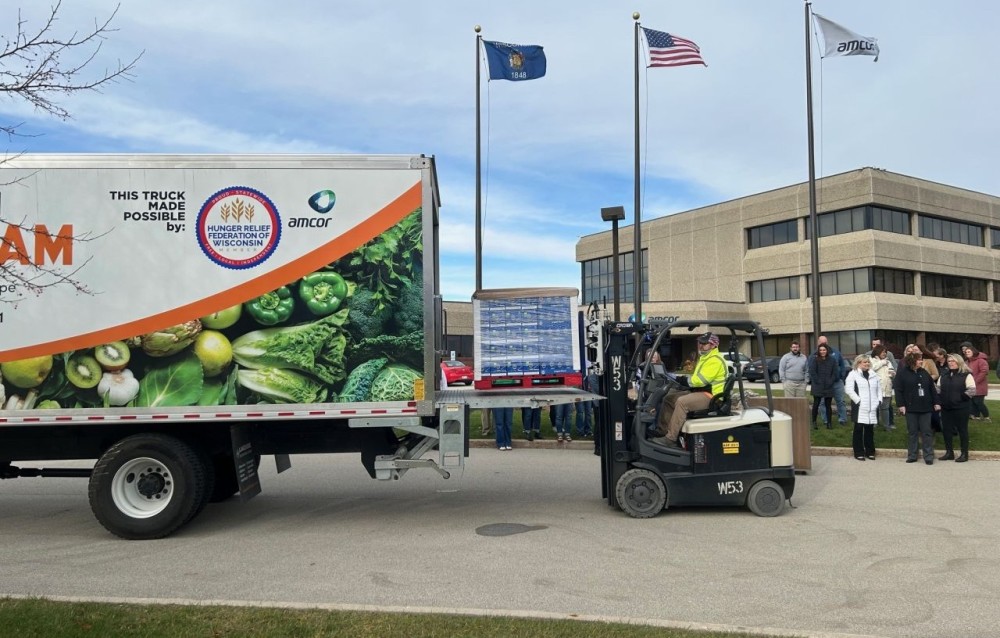A rising number of junior doctors have applied for the RACGP’s ‘Rural Generalist’ training to become specialists in rural and remote general practice.
It comes after the RACGP, which represents over 9,500 GPs living and working in rural and remote communities, introduced more flexible training in March to attract junior doctors to the Rural Generalist pathway.
To date, there has been a 40% rise in junior doctors ticking the Rural Generalist box when applying for the RACGP’s 2021 Australian General Practice Training (AGPT), compared to applications for 2020 training.
With places filling fast, Chair RACGP Rural Dr Michael Clements urged those still considering Rural Generalist training to go for it.
“Rural Generalist training was introduced in 2018 – it is specialist training for rural general practice, equipping GPs with a broader scope of skills to enable them to meet the unique demands of working in smaller communities.
“People living in rural and remote areas tend to rely on their GPs for the majority of their health and wellbeing needs, with the nearest specialist or hospital often a long way away.
“This means there is great reward and variety for GPs working in these communities but they do need a broader range of skills. You need to be ready for anything and everything, you could be supporting a patient with mental health concerns in the morning, and managing a medical emergency in the afternoon.
“This is where Rural Generalist training comes in – it provides advanced skills in a range of areas such as obstetrics and gynaecology, anaesthetics and emergency medicine, as well as mental health, palliative care and adult internal medicine. Those undertaking this training do so in rural and remote locations, so they get a real taste of what it’s like to work as a rural GP and live in a community, and all the benefits professional and personal.”
In March 2020, the RACGP worked closely with the Department of Health to secure a change to the AGPT Rural Generalist policy, giving registrars more flexibility to choose the right training pathway. GPs are no longer locked into the choice they made at the start of their training – they can opt out of, or into the Rural Generalist path later in their training.
Dr Clements, a rural GP and practice owner, said the change helped make the Rural Generalist option more attractive.
“This change recognises the reality that during four years of training life circumstances change, relationships happen, marriages, children, people might need to move to another area.
“At the same time, a GP training in a rural area who didn’t pick the Rural Generalist option might want to opt in, recognising the need for advanced medical skills in their community, and how their patients would benefit.
“One of the reasons the RACGP advocated strongly for this change was to help get more GPs with advanced skills out in rural and remote communities where they are needed.
“It’s greatly encouraging to see the increase in junior doctors applying for Rural Generalist training this year.
“Research shows GPs who choose to train in a rural or remote community are more inclined to want to remain practising in a rural community – in one survey, 34% of respondents on the rural pathway said they intend to be working in a rural or remote location in five years’ time, compared to 9% on the general pathway.
“As someone who has trained and practices in rural communities, I completely understand why this is. I’ve gained so much professionally and personally by being connected to the rural towns that I’ve worked in.
“My message to junior doctors considering their options and whether to pick Rural Generalist training is to go for it, and be quick, there are a few places left, but they really are filling up fast.”
Applications for the final intake of RACGP’s 2021 AGPT training, with the option of the Rural Generalist pathway, close on 21 September.








